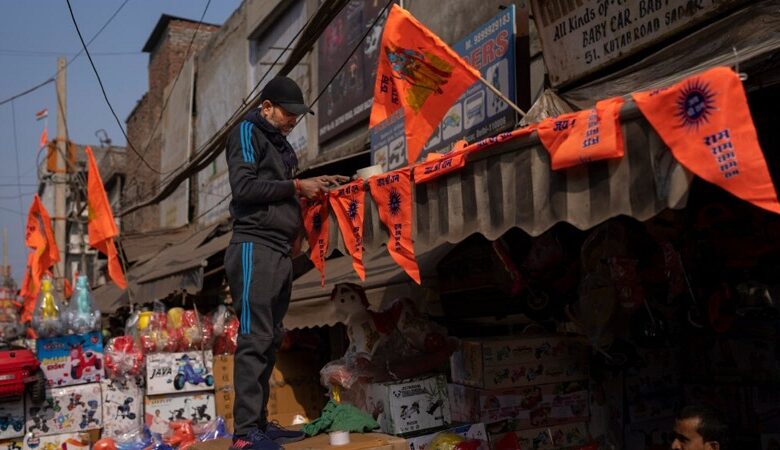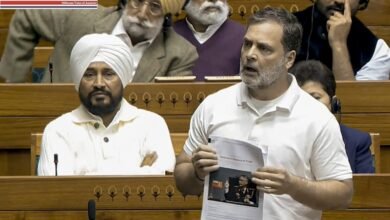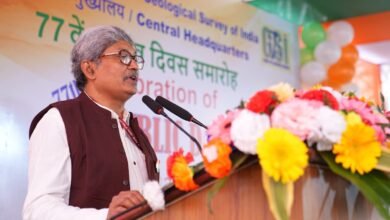Yogi Government Shifts Policy in Ayodhya to Prioritize Local Traders Post-Election Setback

News Mania Desk/ Agnibeena Ghosh/19th June 2024
Following a disappointing performance in the recent Lok Sabha elections in Uttar Pradesh, the Yogi government has shifted its policy focus in Ayodhya from a business-first approach to prioritizing local interests. This change aims to address the grievances of local traders who have been affected by the Ram Path project.
Media reports indicate that the government has announced a significant policy change to support traders displaced by the Ram Path project. Under this new policy, affected shopkeepers can now acquire 500 new shops through interest-free, long-term installment plans. The BJP, which had heavily relied on the Ram Mandir consecration in its campaign, lost the Faizabad Lok Sabha seat—a crucial area in its temple politics—to the Samajwadi Party (SP). This loss has been attributed to the discontent among local shopkeepers.
In Uttar Pradesh, the BJP managed to secure only 33 out of 80 seats, with the most surprising defeat occurring in Ayodhya. Two-time BJP MP Lallu Singh was defeated by the Samajwadi Party’s Awdhesh Prasad, largely due to the resentment among local traders who felt betrayed. Many locals, whose shops were demolished for the construction of the Ram Path, expressed their dissatisfaction through their votes, feeling that the compensation offered was grossly inadequate.
Pankaj Gupta, President of the Ayodhya Dham Vyapar Mandal, highlighted that shopkeepers received only Rs 1-2 lakh as compensation for the demolished shops, which felt more like charity than adequate reimbursement. Gupta recalled that before the 2022 assembly elections, then Deputy Chief Minister Dinesh Sharma had assured traders they would receive new shops free of cost. However, post-election, traders were given just Rs 1 lakh and asked to pay between Rs 20-25 lakh for new shops.
The revised policy now allows displaced shopkeepers to take possession of 500 newly constructed shops on interest-free, long-term installment plans. Previously, shopkeepers had to pay upfront costs ranging from Rs 20-25 lakh, forcing many to consider bank loans, which made it nearly impossible to afford the new shops. The new policy, however, allows shopkeepers to pay over a 20-year period without any interest. This decision has been warmly welcomed by the affected traders.
“The Ayodhya Development Authority (ADA) is now handing over shops without requiring any down payment,” said Ayodhya Divisional Commissioner Gaurav Dayal.
Local trader leader Mohinder Srivastava expressed relief over the policy change, noting that it should have been implemented earlier. “After this decision, 150 shopkeepers have already taken possession of their shops,” he said.
The Yogi government’s policy shift in Ayodhya is a broader attempt to regain the trust of local communities and address the grievances that contributed to the BJP’s recent electoral defeat. This move reflects a more inclusive approach, prioritizing the welfare of local traders and aiming to mend relationships strained by previous policies.
By implementing these changes, the government hopes to mitigate the impact of the Ram Path project on local traders and rebuild support within the community. This policy adjustment underscores the importance of balancing developmental ambitions with the needs and interests of local populations, especially in politically sensitive areas like Ayodhya.






